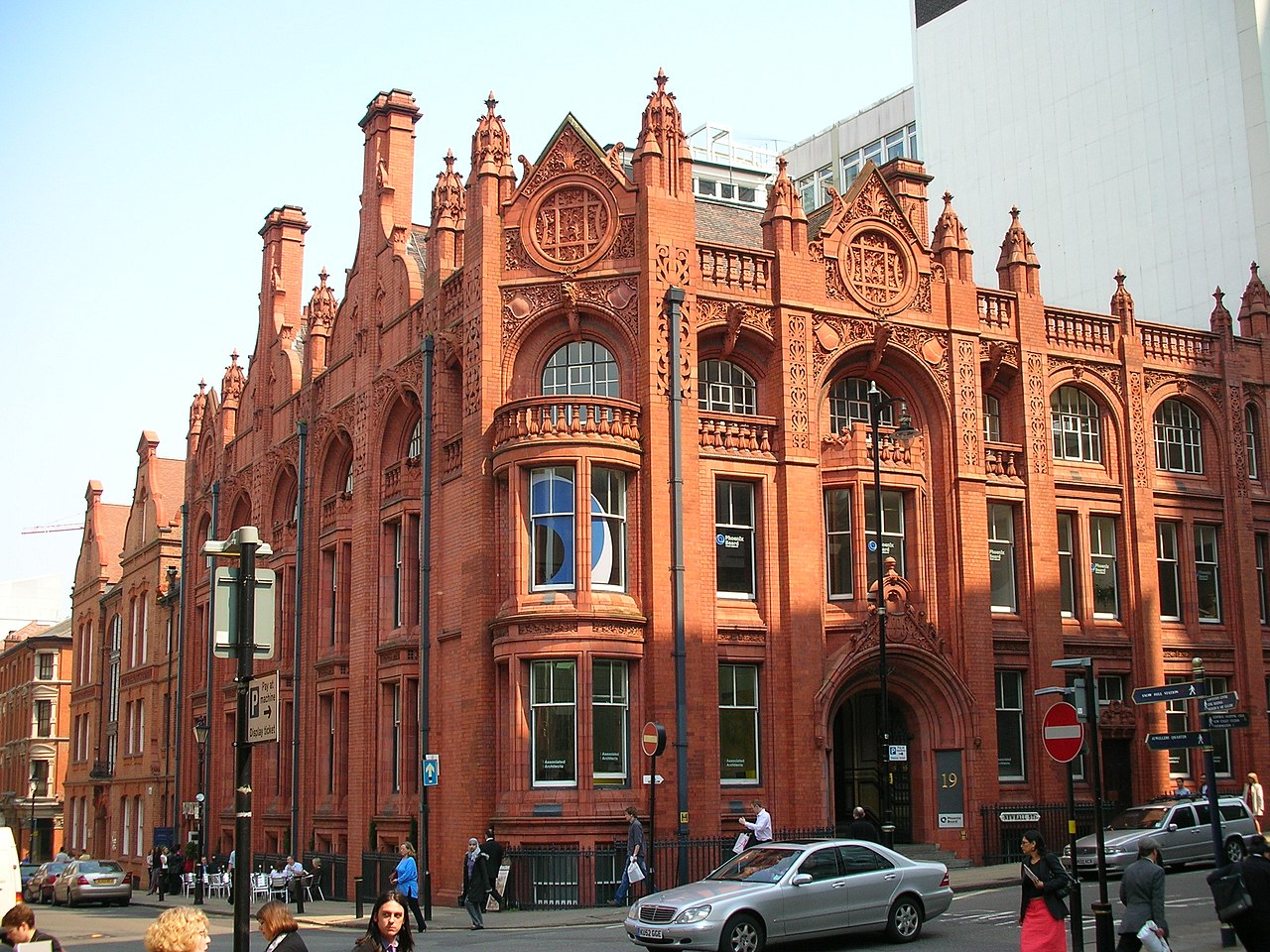Teleprinters were strange contraptions. When I did my HND in Business Computing at what is now Bournemouth Uni, we didn't have monitors and separate keyboards. Just a teleprinter, which was one of many connected to an ICL 2902 Minicomputer which ran Minimac BASIC in a very slow interactive mode. If you wanted to use COBOL or FORTRAN, you had to punch cards and they would be run overnight in batch mode.
Teleprinters were built like tanks, almost unbreakable, and was a bit like doing a gig on an old worn out pub piano. But there's always the exception to the rule. We had one guy who was actually thrown off the course for misusing a teleprinter, believe it or not. He hit the teleprinter keys so hard, we thought that he would break the unbreakable. I think he must have been a rivetter in a shipyard at some time in his life

But he refused (or couldn't) change his attitude to the teleprinter as he behaved like Norman Bates in the stabbing scene in the shower in Pscho! (I can still hear that screechy music now!) A flimsy modern day Microsoft plastic keyboard would not have lasted one minute under his attack, and he was eventually asked to leave.
I think that used teleprinters were one item for which there was never much demand as there was little in them that could be retrieved and used for some other purpose. I know that teletype was allowed on certain amateur bands, but I can't imagine that it was very popular, but I'll leave Pete or Alan to comment on this. Happy days!

Maurice






